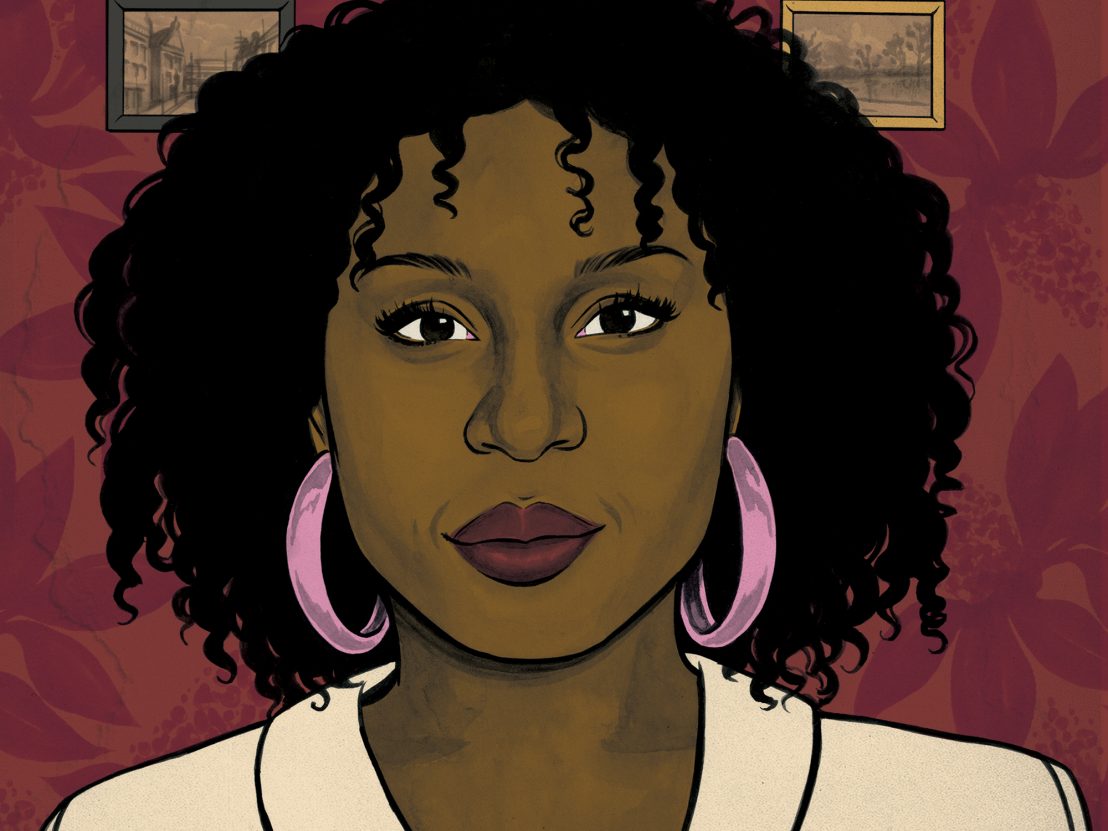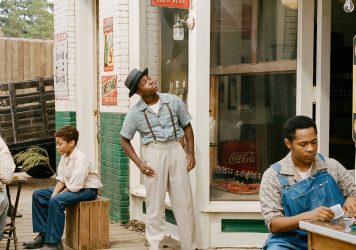
The director of Till speaks about the challenges of portraying a traumatic piece of American Black history on screen.
Chinonye Chukwu made considerable waves with her 2019 feature Clemency, and her second feature, Till, focuses on the true story of 14-year-old Emmett Till who was lynched in Mississippi in 1995. His mother Mamie Till, played expertly by Danielle Deadwyler, became a civil rights icon after deciding to display his body to the world.
LWLies: I understand Till has been 18 years in the making in terms of gathering the necessary research. I’m interested at what point you came on board, and how free you felt to add your flair?
Chukwu: The producers reached out to me three years ago, and asked me if I would be interested in making this film. And so I told them that the only way to be interested is if the story is about Mamie, and her journey as seen from her emotional point of view. And it got me really excited at the opportunity to centre a Black woman in her rightful place in history. And they believed so much in my artistic and narrative vision, and also in my artistic abilities, that they gave me creative autonomy, to tell the story the way that it needed to be told.
When I talk about your flair as a director, I think about the scene early on in the car where Danielle Deadwyler’s face changes and the sound warps. And I was wondering if you could talk about those choices.
The emotional subtext of that is the foreboding that Mamie is feeling that’s undercutting the really loving, joyous moment that she’s sharing with her son. That subtext was something that Danielle and I talked a lot about, especially the subtext throughout the whole script, we went through every single emotional beat, every nuance in every scene multiple times. And so she had great clarity about what was going on underneath Mamie and brought it out in such a brilliant, expressive way.
Was there any rehearsal time?
Danielle and I spent months before shooting going through every single beat multiple times, diving into the research and talking every day about the discoveries that were made and questions we had. And then I had a much more truncated version of that with several of the other actors. And then there were rehearsals for certain scenes before shooting. By the time we got on set, Danielle especially had an inherent emotional and psychological understanding of what was going on with Mamie and what her journey was going to be in the film.
I wanted to talk about the costuming as well, because Mamie as we see her in this film, is always impeccably dressed.
I want us to open the film with, you know, this beautiful pink dress, I just want pops of colour and vibrancy. I want the clothes to be reflective of the beauty and the vibrancy that is in Black people and that exist in Black spaces and Black communities. We also drew inspiration from the actual clothes Mamie wore in certain scenes and Marci made exact replicas of that. Marci just knocked it out the park, it was so cohesive with the production design and with the lighting too.
Being so meticulous in your approach to the whole story, how did you approach revealing the body?
So the first thing I knew is that every directorial decision I make is tied to story and what’s going on in terms of what’s underneath the words on the page. I knew that I wanted that scene to be humanising not objectifying – that the camera cannot be a voyeuristic lens. We need to experience Mamie’s emotional journey in seeing her son’s body. That’s why we open the scene with the body obstructed, we’re preserving the privacy that Mamie is having with her son. And then I knew that I wanted to reveal the body as Mamie is seeing it, and allow us to capture the care and love that she is experiencing. That’s of course intermingled with the pain of it all.
And I believe that in us doing so we were able to really humanise the experience. It was tough. I restricted that scene to two takes ahead of time and I told the crew to make it as great as possible, but whatever we have in two takes that’s what’s going to be in the film because I don’t want to put Danielle through that multiple times. And that’s what we did. And it was a very sombre day, we really were silent and respecting the seriousness of what we were doing and making sure that Danielle felt as supported as possible to go there.
Published 4 Jan 2023

By Rogan Graham
Chinonye Chukwu directs a magnificent Danielle Deadwyler and Jalyn Hall as they play Emmett Till and his grieving mother, Mamie.

Will Smith brings stern dramatic heft to an enslaved man making a dash for freedom in Antoine Fuqua’s tonally mish-mashed action drama.

By Rogan Graham
An astonishing, intense performance from Alfre Woodard carries this sombre, powerful death row drama.